





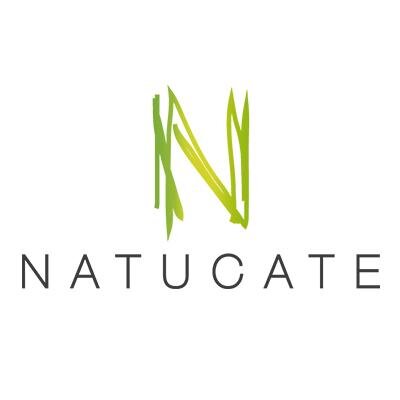



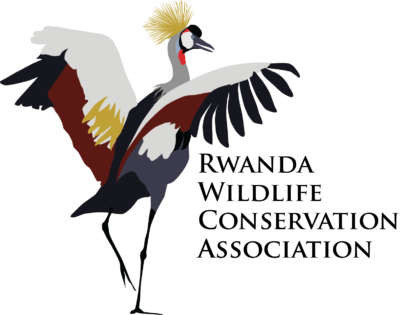


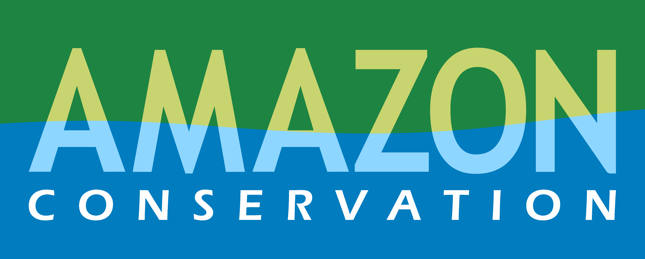


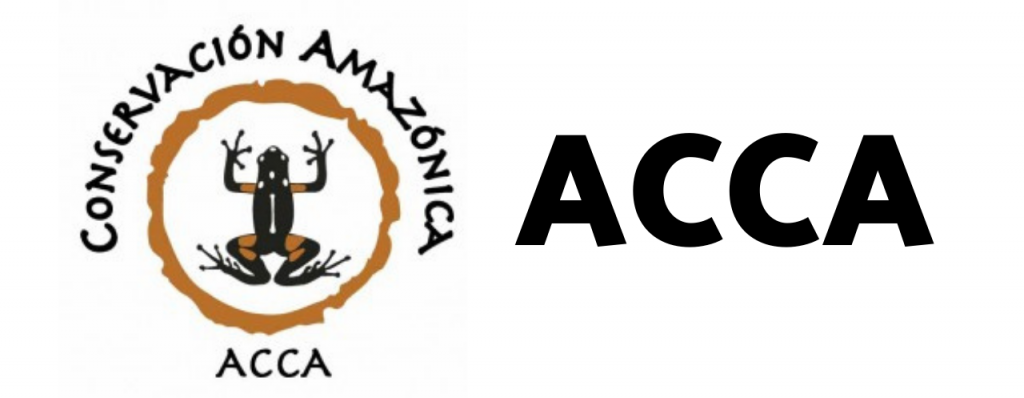
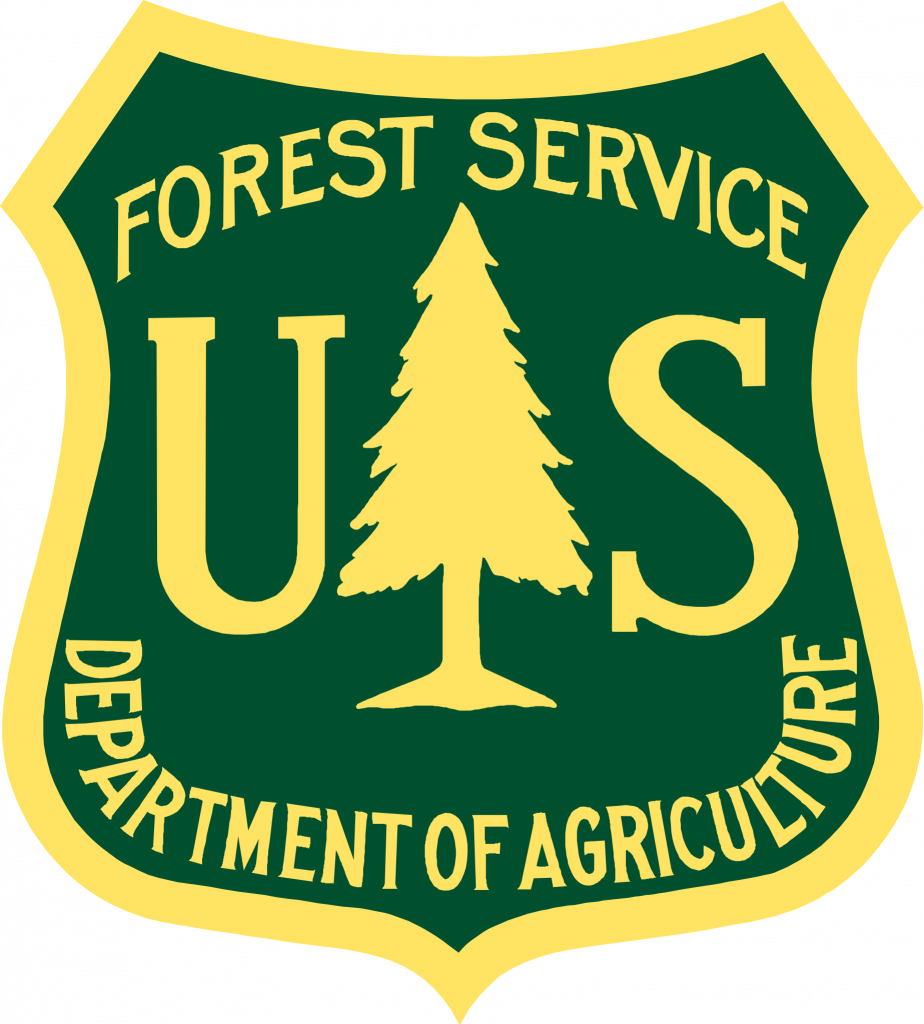
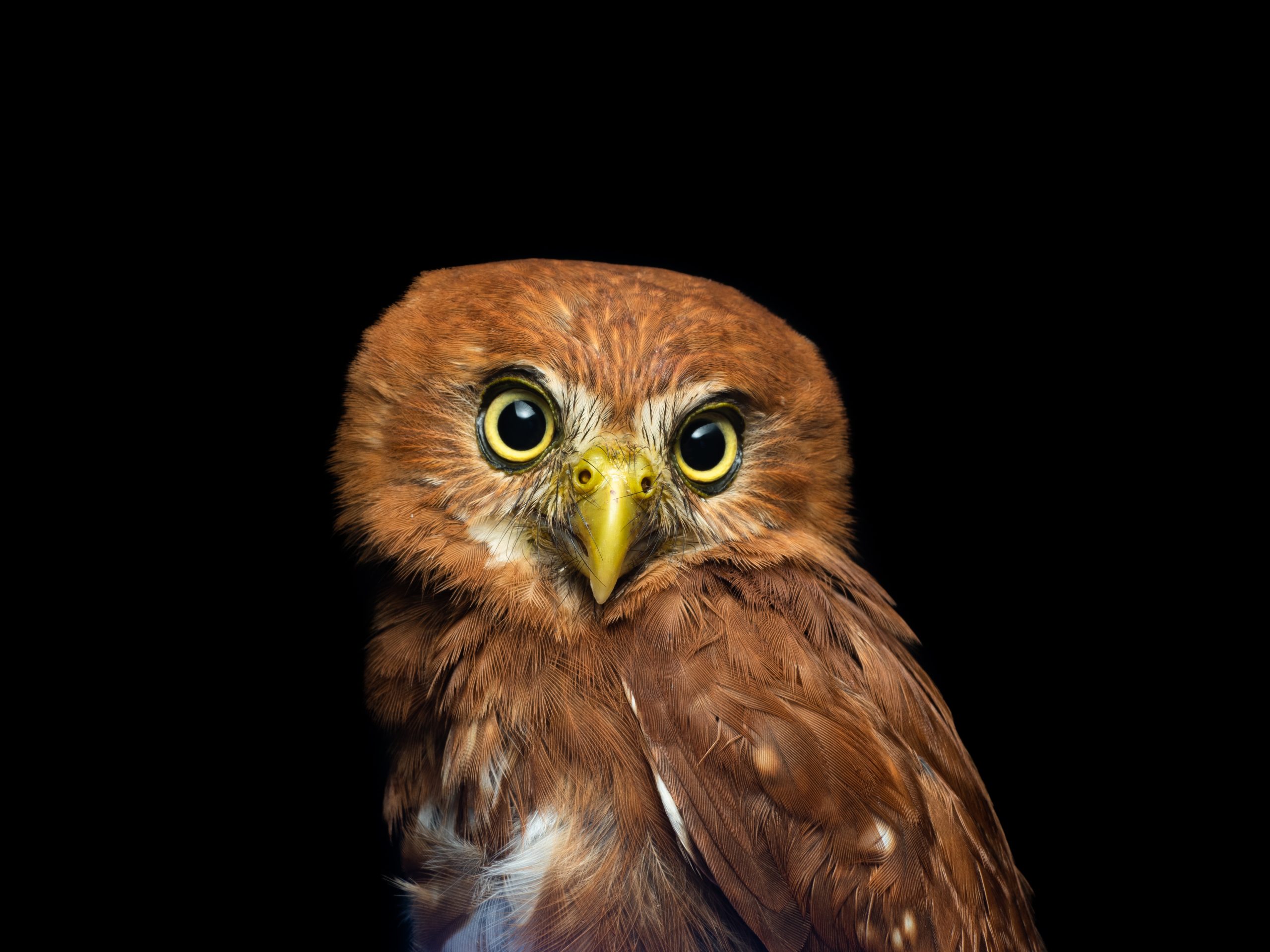
To date, we have trained hundreds of research scientists and conservationists, providing an average of 2 scholarships per field course.
Our first foray into wildlife research began as early as 2009, with the beginnings of a study into tamarin reproductive biology. In 2013, we acquired 501(c)3 accreditation and began to offer research training programs in field biology, as well as courses in tropical biology and field methods. In 2018, we expanded our focus to include bats, small mammals, and birds and also began an ongoing adventure in field-based conservation genomics laboratories. We currently offer research support to three field laboratories we assisted in establishing on three continents.
Through comprehensive research efforts, continued educational initiatives, and effective conservation strategies, we strive to fulfill our mandate and bring about positive change in our communities
The In Situ Lab Initiative (ISL) endeavors to build a decentralized and community-driven One Health laboratory network, which empowers local scientists and community leaders with state-of-the-art tools for wildlife population monitoring and pathogen surveillance. In essence, ISL has created a model for carrying out routine wildlife community health assessments and pathogen screening in-country, and samples are collected closer to the testing location. The initiative had its official launch in October 2020, and the first three hubs of the decentralized network are operational in the Peruvian Amazon, Rwanda, and Vietnam.
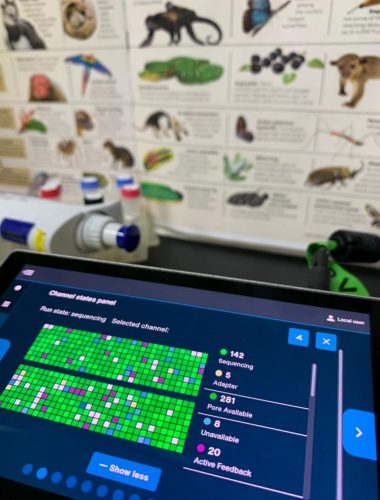
Our research team comprises of individual scientists who spearhead unique and independent inquiries harmonized with our central wildlife and environmental surveillance program. Our research team uses manual and remote sensing techniques to monitor wildlife in their habitats, including long-term primate monitoring, biodiversity monitoring, disease surveillance, and animal movement ecology. By using advanced tracking devices, data analytics, field genomics and drone technology, we are able to closely monitor and establish baselines for wildlife. The future of wildlife conservation technology looks promising, as we continue to develop new, low-cost, and access methods for conducting conservation research.
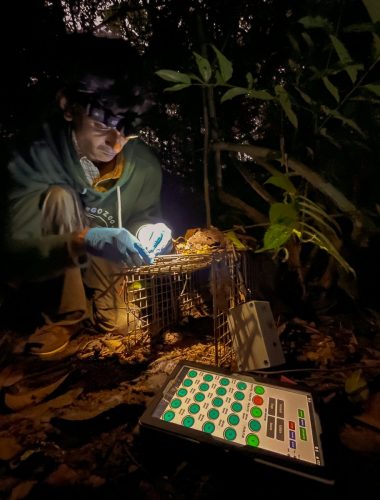
Education is a powerful tool that can change lives. At our organization, we are committed to providing comprehensive tropical field biology training programs that serve as a platform for research projects. We offer unique hands-on learning opportunities to individuals from diverse backgrounds, teaching them the wildlife monitoring techniques employed by our skilled research team leaders. Our training program covers every aspect of the workflow, from sampling to data analysis and reporting, equipping participants with the confidence and know-how to perform active research and conservation work around the world. Our support and assistance do not stop once participants complete our course – we are invested in their future education and career goals. Each year, we welcome over 50 participants to our programs, with many returning as field program managers and instructors. Our commitment to quality education and training is unwavering, and we look forward to guiding more individuals on their journey toward success.
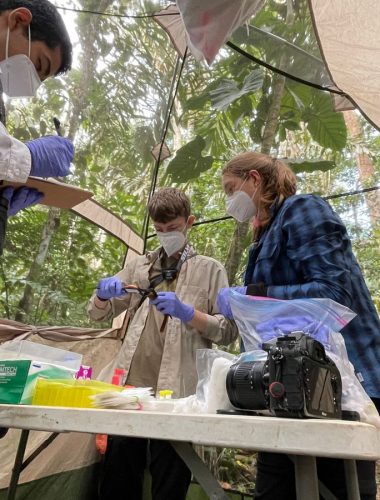


















Location: 443 Old Via Rancho, Escondido CA 92029
Phone: +1 (314) 649-8636